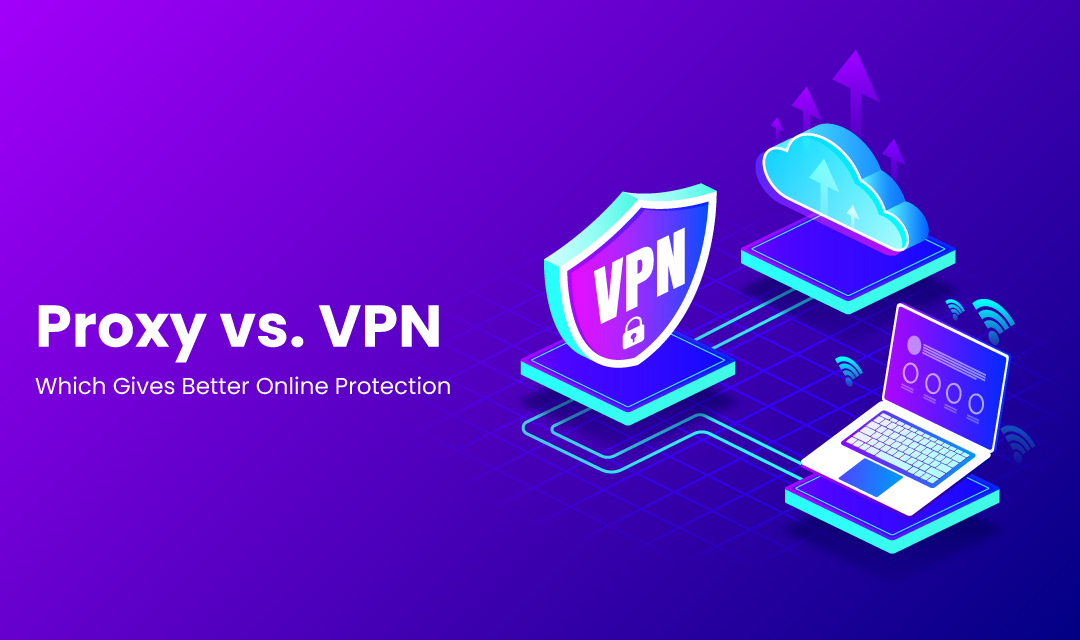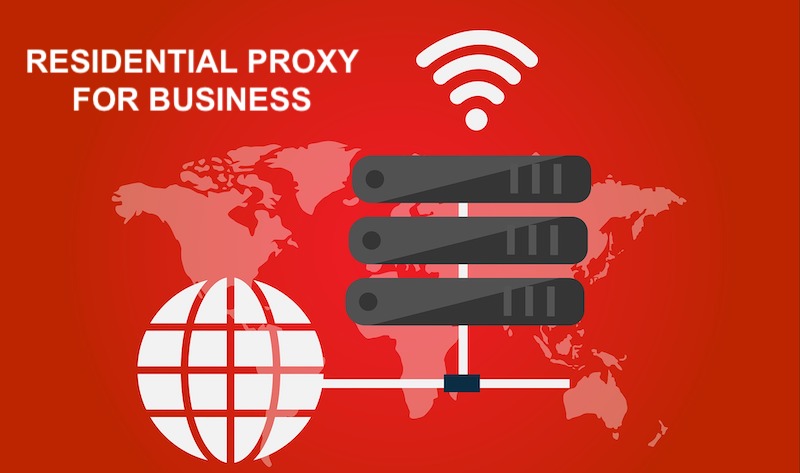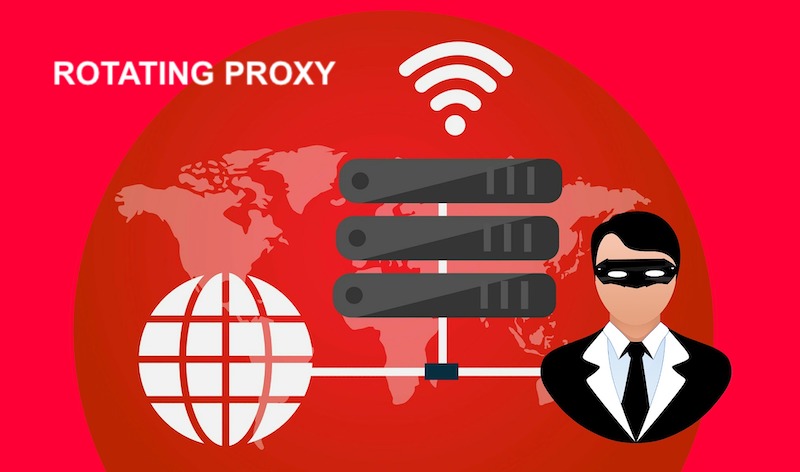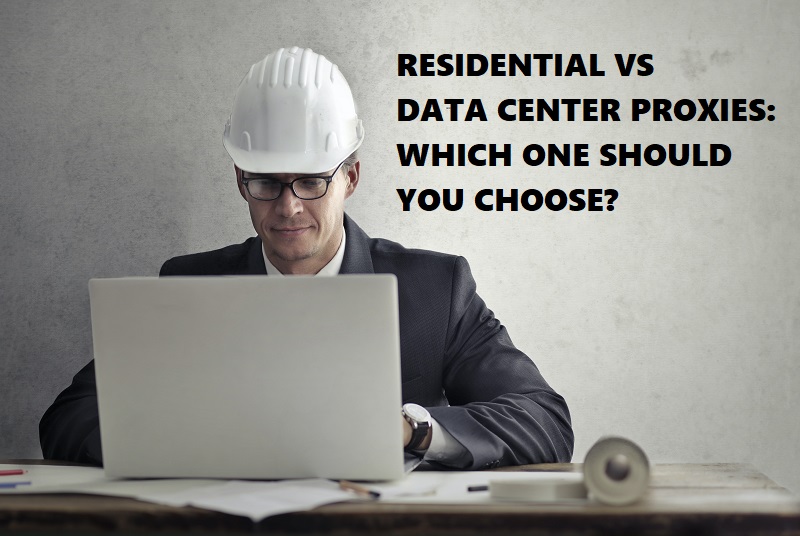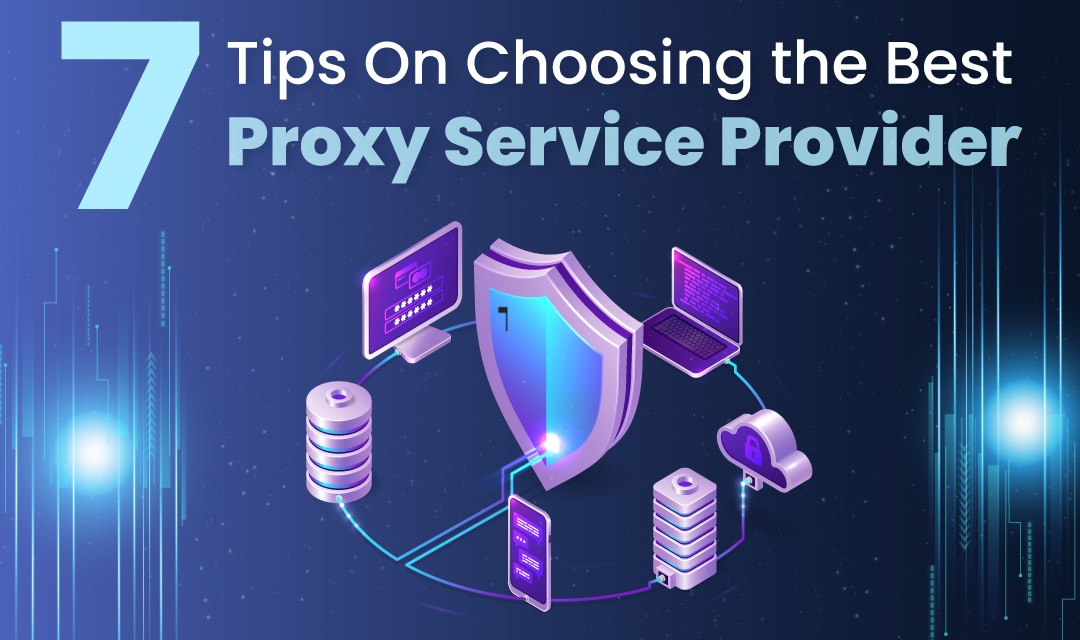
With a plethora of options available in the market, finding the best proxy service provider can be a burdensome task. There are so many things to consider like price, features, and performance, to name a few. However, it’s easy to fall into the trap of false marketing, get stuck with an expensive but low-quality service, or even unethically sourced proxies.


